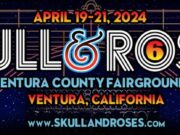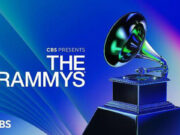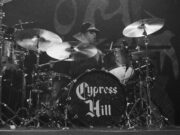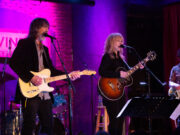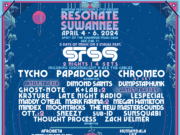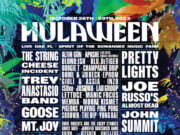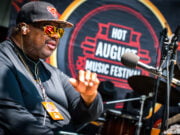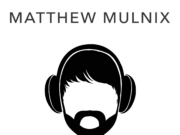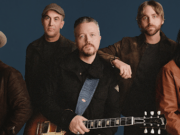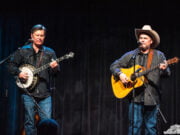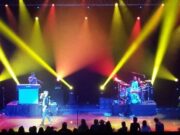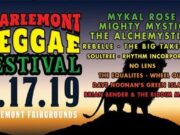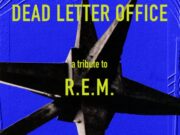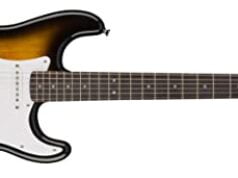Jazz is a broad genre, and there are many ways to create a career in jazz. Some people choose to be music teachers, filling up the space between local bars and restaurants with private lessons. Others have gone on to teach their craft at the college level. Many have found positions as accompanists for Broadway show orchestras, movie soundtracks, and pop singers. There are even those who pursue commercial work creating jingles for radio advertisements.
Jazz is, by its very nature, one of the most improvisational of all musical genres, so it follows that every good jazz pianist must have:
- Solid playing skills.
- Excellent listening skills to know what’s happening around them.
- An innate sense of how to work within a band setting.
- Musical understanding that allows them to improvise on the spot successfully.
7 Expert-Approved Tips Of Becoming A Good Pianist
When you want to become a good jazz pianist, you need to focus on every aspect of your work. This includes how you sit at the piano and how you use your hands and fingers to play your music. Here are a few expert-approved tips for becoming a good jazz pianist:
1) Learn The Skills From Experts
One of the best ways to become a good jazz pianist is to learn from experts. You can join institutions that have courses designed for aspiring musicians, or you could enroll in an online course, so you don’t have to leave your living room. When you study jazz under an experienced musician, they will be able to impart their wisdom upon you so that you start on the right foot. Luckily you can find modern players to study online, and you can even read a bit about the history of jazz online. This means that you can learn both the history and theory of jazz and how your instrument works.
2) Learn To Listen Well
A lot of playing music is about listening, making hearing well one of the fundamental abilities you need to become a good jazz pianist. This means using your ears to catch individual sounds in the room, figuring out how to blend them into an ensemble sound, and then being able to play along with the other musicians without creating too much noise or masking their voices. An essential part of this process is becoming attuned to when it’s time for you to take a break from playing, leaving more work on chordal accompaniment for other band members.
3) Learn To Read Music
Any musician needs to learn how to read music, which can open up enormous opportunities for gigs and recording contracts throughout their career. While it is possible to become an accomplished jazz pianist without reading anything but chord changes, most musicians find they can better express themselves when they know how to read printed musical notation. However, one important thing about learning how to read music is that you should never be tempted to “cheat” by memorizing chords, scales, and riffs instead of understanding them. If nothing else, this is all evidence that you need more practice to become a good jazz pianist.
4) Practice With A Rhythm Section
Another critical part of becoming a good jazz pianist involves practicing with a rhythm section – whether it’s composed entirely of other piano players or includes bass and drum musicians as well. Since this is how you’ll mostly be performing live once you’ve graduated from playing small local gigs for friends and family, it makes sense to know what the rhythm section sounds like by rehearsing with one before your first paying performance together. Becoming familiar with how they will save time and effort, later on means more time to enjoy the music you make together.
5) Learn The Essentials Of Chord Progressions
To become a good jazz pianist, you’ll need to be able to play chord progressions that are familiar on the piano. This means playing chords in the root position, which is when your left hand will have one chord shape, and your right hand will have another chord shape that’s inverted from it. For example, if the A major chord has two notes on the bottom – A and C – then its “inversion,” or second inversion, would have a C note on the bottom along with an E note on top of it. You’ll also want to practice playing dominant 7th chords in various forms and learn how to add tensions such as the 9th, 11th, and 13th into chords.
6) Learn To Keep A Groove Going
Many jazz pianists begin their studies by learning the skill of keeping a groove going on the piano, whether they’re playing tunes in 4/4 time or switching to 6/8 or 3/4 when needed. There are several ways to go about this, depending on how steady you want your beat to be. The most straightforward way is simply counting out loud while you play so that you can keep track of where “1” lands concerning fundamental changes within songs. One thing to remember here is that every song should have at least one place where you can take a break from playing without making things awkward for other musicians who are playing at the same time.
7) Focus On Jazz Standards
One way to become a good jazz pianist is to learn how to play jazz standards, which is more accessible than coming up with chord progressions and solos from scratch. To do this, you’ll need to remember that most songs have a standard form consisting of eight bars of chords repeated several times throughout the song’s performance. You’ll also want to study the history behind each song, including when it was written and who performed or recorded it before you played your version. This will give you some idea of what makes that particular song tremendous and worthy of being played by other musicians repeatedly.
Good jazz pianists combine a love for improvisational expression and classic song craftsmanship. They use their musical understanding and skills with hearing to work within a band setting and improvise on the spot. Becoming a good jazz musician takes lots of practice, along with some expert-approved tips. With these pointers in mind, aspiring musicians should express themselves well as they continue developing their talents.
To say hello hit us at [email protected]
Also- check out the search feature in the upper right hand corner and search for your favorite artist, event, venue or genre. You’ll be surprised at what you find!
Check out the Live Music News and Review.com Facebook page for updates and announcements.



